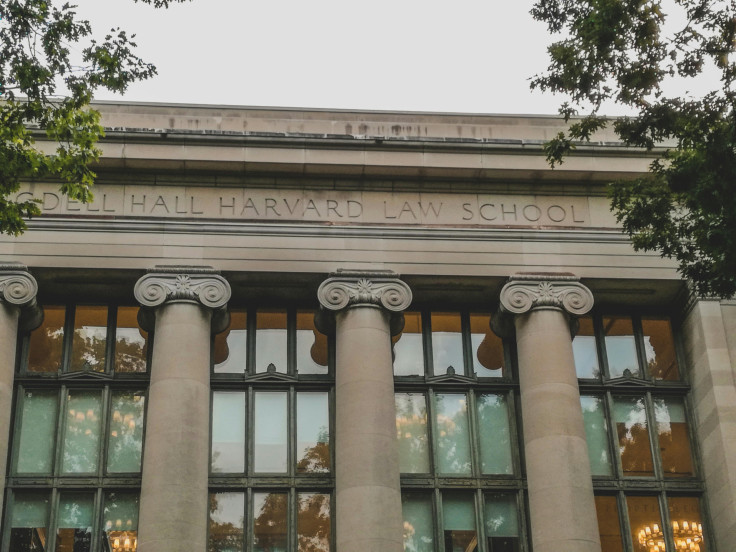
The number of first-year Black and Latino students enrolled at Harvard Law School this year plummeted almost by half as enrollment data submitted to the American Bar Association reveals a drop from 43 to 19 Black students and from 63 to 32 Latino students compared to the previous year.
The decline follows the Supreme Court's decision which found race-conscious admissions policies at Harvard and the University of North Carolina violated the 14th Amendment's Equal Protection Clause, effectively ending affirmative action in college admissions. The ruling has prompted widespread changes in how colleges and universities, including law schools, approach diversity in admissions.
As ABC News reports, Harvard Law School's changed its admissions process, as now applicants are required to submit a "Statement of Purpose" and "Statement of Perspective" – as opposed to a personal statement – where they are asked to "share how your experiences, background, and/or interests have shaped you."
"When the Supreme Court ruled last year, it was understood that the decision would impact, in ways that could not be fully anticipated, the ability of educational institutions across the nation, including law schools, to attract and admit a diverse cohort of students," said Jeff Neal, a spokesperson for Harvard Law, through a statement reported by Axios.
Mr. Neal also noted that it was difficult to draw conclusions from one year of enrollment data, adding that "Harvard Law School remains committed both to following the law and to
The demographic shift has raised concerns within the Harvard Black Law Students Association (HBLSA), which highlighted the historical contributions of Black legal scholars to the institution and the legal system and expressed concerns about the increased burden on a smaller Black student population to represent diverse perspectives in academic discussions.
However, some such as Intercultural Strategist at Because Culture, Annalisa Nash Fernandez, believe such changes are "a leading indicator of the next era of diversity, equity and inclusion." As Nash Fernandez told The Latin Times:
"We want diversity, we know it's valuable, we know it works. But as the US moves towards majority-minority status, and the younger American generations are already diverse by definition, we will ultimately embrace a more comprehensive view of diversity that goes beyond race and ethnicity. Diversity is age, gender identity, socioeconomic background, educational paths, life experiences, cultural heritage, and ways of thinking"
It's worth noting that while Harvard Law experienced steep declines, other top law schools, such as Stanford, reported increases in Black and Latino enrollment, suggesting varied impacts across institutions.
© 2025 Latin Times. All rights reserved. Do not reproduce without permission.






